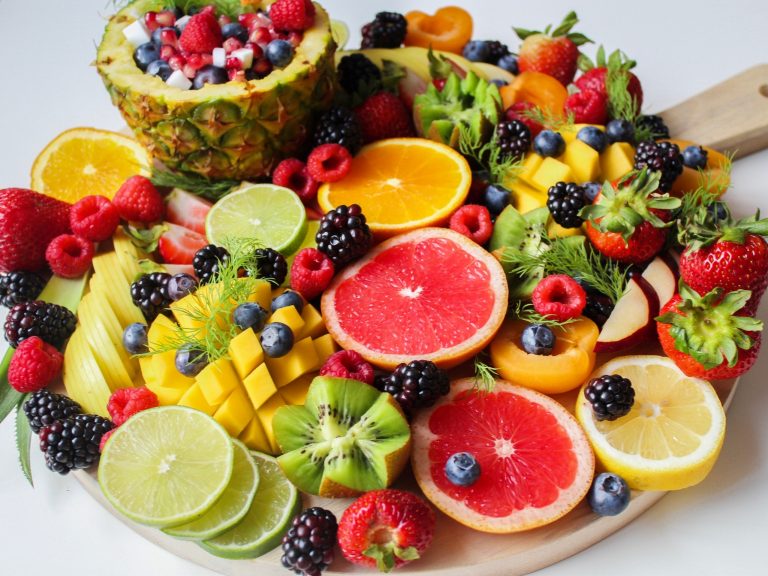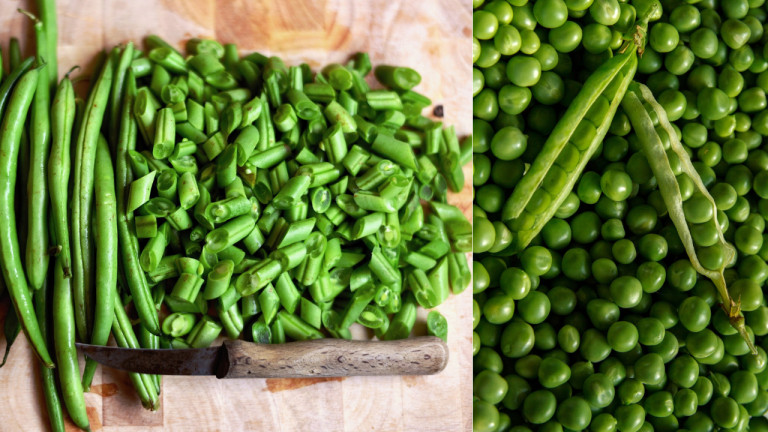What is Antioxidants?

Antioxidants are molecules that help protect the body from the harmful effects of oxidative stress by neutralizing free radicals, which are highly reactive molecules with unpaired electrons. Free radicals can cause damage to cells, proteins, and DNA, and this damage has been linked to various health issues and the aging process.
Antioxidants work by donating an electron to the free radicals, thus stabilizing them and preventing further damage. They act as a defense mechanism against the harmful effects of oxidative stress. Some well-known antioxidants include:
Vitamin C (ascorbic acid): Found in citrus fruits, strawberries, and vegetables like bell peppers and broccoli.
Vitamin E (tocopherol): Present in nuts, seeds, and vegetable oils.
Beta-carotene: A precursor to vitamin A found in orange and yellow fruits and vegetables, such as carrots and sweet potatoes.
Selenium: A mineral found in nuts, seeds, and seafood.
Zinc: A mineral found in foods like meat, dairy, and whole grains.
Flavonoids: Plant compounds found in foods like tea, onions, and dark chocolate.
Polyphenols: Abundant in foods like berries, green tea, and red wine.
Glutathione: A naturally occurring antioxidant in the body, which can be influenced by diet and lifestyle.
These antioxidants can be obtained through a balanced diet that includes a variety of fruits, vegetables, and other nutrient-rich foods. They are also available in supplement form, but it’s generally recommended to obtain them from whole foods when possible, as whole foods contain a mix of various antioxidants and other beneficial compounds that work synergistically to promote health.
Antioxidants play a crucial role in maintaining overall health and protecting the body from the damaging effects of oxidative stress, reducing the risk of various chronic diseases and promoting well-being.



